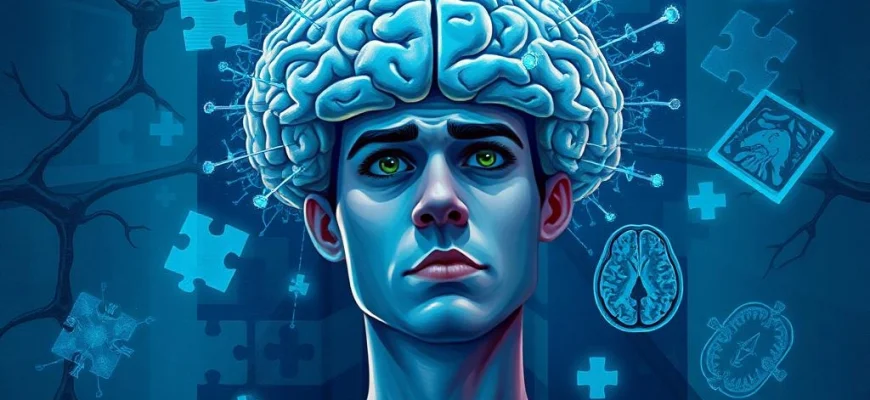If you enjoyed the mind-bending and thought-provoking journey of 'Your Bleeped Up Brain (2013),' you're in for a treat! This article explores 10 similar movies and shows that delve into the mysteries of the human mind, psychology, and perception. Whether you're fascinated by neuroscience, psychology, or just love a good brain-twisting narrative, these picks will keep you engaged and questioning reality.

The Science of Sleep (2006)
Description: Blends surreal visuals with scientific exploration of dreams and the subconscious, creating a whimsical yet informative look at how the brain functions during sleep.
Fact: The film's dream sequences were inspired by real scientific studies on REM sleep and the brain's activity during dreaming.
 Watch Now
Watch Now 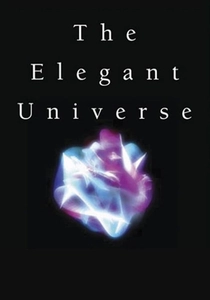
The Elegant Universe (2003)
Description: Examines string theory and the quest for a unified theory of physics, blending theoretical science with visual storytelling to explain abstract concepts.
Fact: Based on Brian Greene's bestselling book, the series uses animations to illustrate how tiny vibrating strings might be the building blocks of reality.
 Watch Now
Watch Now 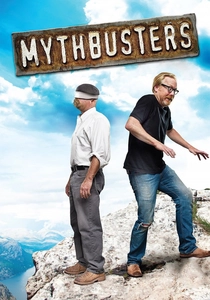
MythBusters (2003)
Description: Uses scientific methods to test popular myths and urban legends, often with explosive and visually engaging experiments that challenge common perceptions.
Fact: The team once tested whether a person could survive a fall from a skyscraper by landing on a stack of cardboard boxes, debunking the myth with real-world physics.
 Watch Now
Watch Now 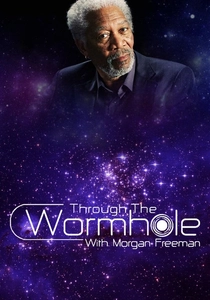
Through the Wormhole (2010)
Description: Delves into the mysteries of the universe, consciousness, and reality, blending cutting-edge science with philosophical questions about existence.
Fact: Hosted by Morgan Freeman, the series features interviews with leading scientists and explores topics like time travel, parallel universes, and the nature of dark matter.
 Watch Now
Watch Now 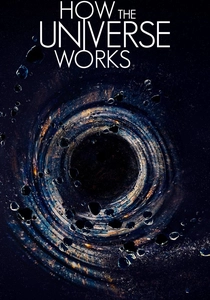
How the Universe Works (2010)
Description: Explores the fundamental forces and phenomena that shape the cosmos, from black holes to the Big Bang, using stunning CGI and expert insights.
Fact: The series features contributions from renowned astrophysicists like Michio Kaku and Neil deGrasse Tyson, making complex astronomical concepts digestible.
 Watch Now
Watch Now 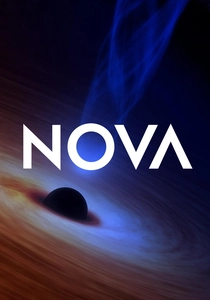
Nova (1974)
Description: Presents in-depth documentaries on a wide range of scientific topics, from quantum mechanics to human evolution, with a focus on making science engaging and understandable.
Fact: One of the longest-running science series on television, Nova has won numerous Emmy Awards for its educational content and storytelling.
 Watch Now
Watch Now 
Brain Games (2011)
Description: Explores the fascinating workings of the human brain through interactive experiments and mind-bending illusions, making complex neuroscience accessible and entertaining.
Fact: The show often involves audience participation, using visual and cognitive tricks to demonstrate how easily the brain can be fooled.
 Watch Now
Watch Now 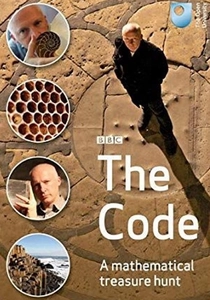
The Code (2011)
Description: Unravels the hidden mathematical patterns in nature, art, and the universe, revealing how numbers govern everything from music to the movement of planets.
Fact: Host Marcus du Sautoy demonstrates mathematical principles through real-world examples, like the Fibonacci sequence appearing in sunflower seeds.
 Watch Now
Watch Now 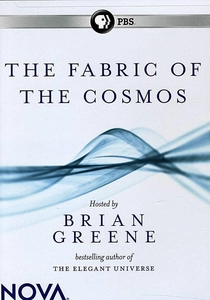
The Fabric of the Cosmos (2011)
Description: Explores the nature of space, time, and reality through the lens of modern physics, featuring mind-bending concepts like quantum entanglement and the multiverse.
Fact: Hosted by physicist Brian Greene, the series uses thought experiments and CGI to visualize abstract ideas like the curvature of spacetime.
 Watch Now
Watch Now 
